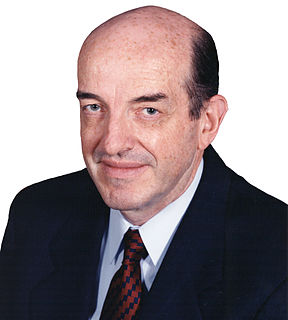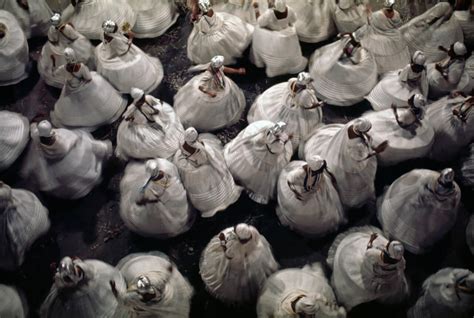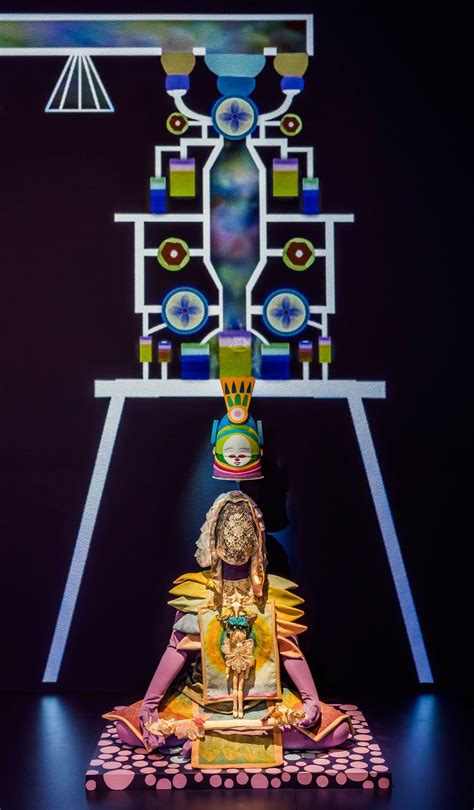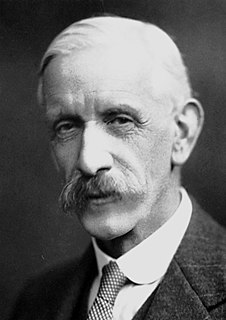A Quote by Adam Lashinsky
AIM started in 1997, and I remember when I started using it in earnest, in 1999, when I joined TheStreet.com from 'The San Jose Mercury News'. We digital journalism pioneers communicated obsessively by AIM, and as a newbie, I recall being amazed that the whole newsroom was 'chatting' this way.
Related Quotes
Journalism continues to go south, thanks to big media and its strangulation of news, and there's not much left in the way of community or local media. Add to that an internet that has not even started thinking seriously about how it supports journalism. You have these big companies like Google and Facebook who run the news and sell all the ads next to it, but what do they put back into journalism? It isn't much.
The print magazine and print journalism industry is obviously in a great deal of trouble, and one of the things that happened when this business started to give way to the Internet and to broadcast television is that a lot of organizations started cutting specifically investigative journalism and they also started cutting fact-checkers.
Fail your way forward. Recognize that Ready, fire, aim is superior to ready, aim, aim, aim. Straightforward trial and error produces better results than endless vacillating. If you're afraid to make decisions and act on them in the face of ambiguity and uncertainty, get a job. Failure's lessons are essential to success.
I reluctantly signed up for a journalism major, thinking I needed a fall-back way to make money should my career as a novelist fail to take off. As I started to try on journalism, including doing internships and working at the campus paper, I found I actually liked it. So I started to want to be a journalist.
The aims of these three groups are entirely irreconcilable. The aim of the High is to remain where they are. The aim of the Middle is to change places with the High. The aim of the Low, when they have an aim-for it is an abiding characteristic of the Low that they are too much crushed by drudgery to be more than intermittently conscious of anything outside their daily lives -is to abolish all distinctions and create a society in which all men shall be equal.
As a progressive discipline [biochemistry] belongs to the present century. From the experimental physiologists of the last century it obtained a charter, and, from a few pioneers of its own, a promise of success; but for the furtherance of its essential aim that century left it but a small inheritance of facts and methods. By its essential or ultimate aim I myself mean an adequate and acceptable description of molecular dynamics in living cells and tissues.



































